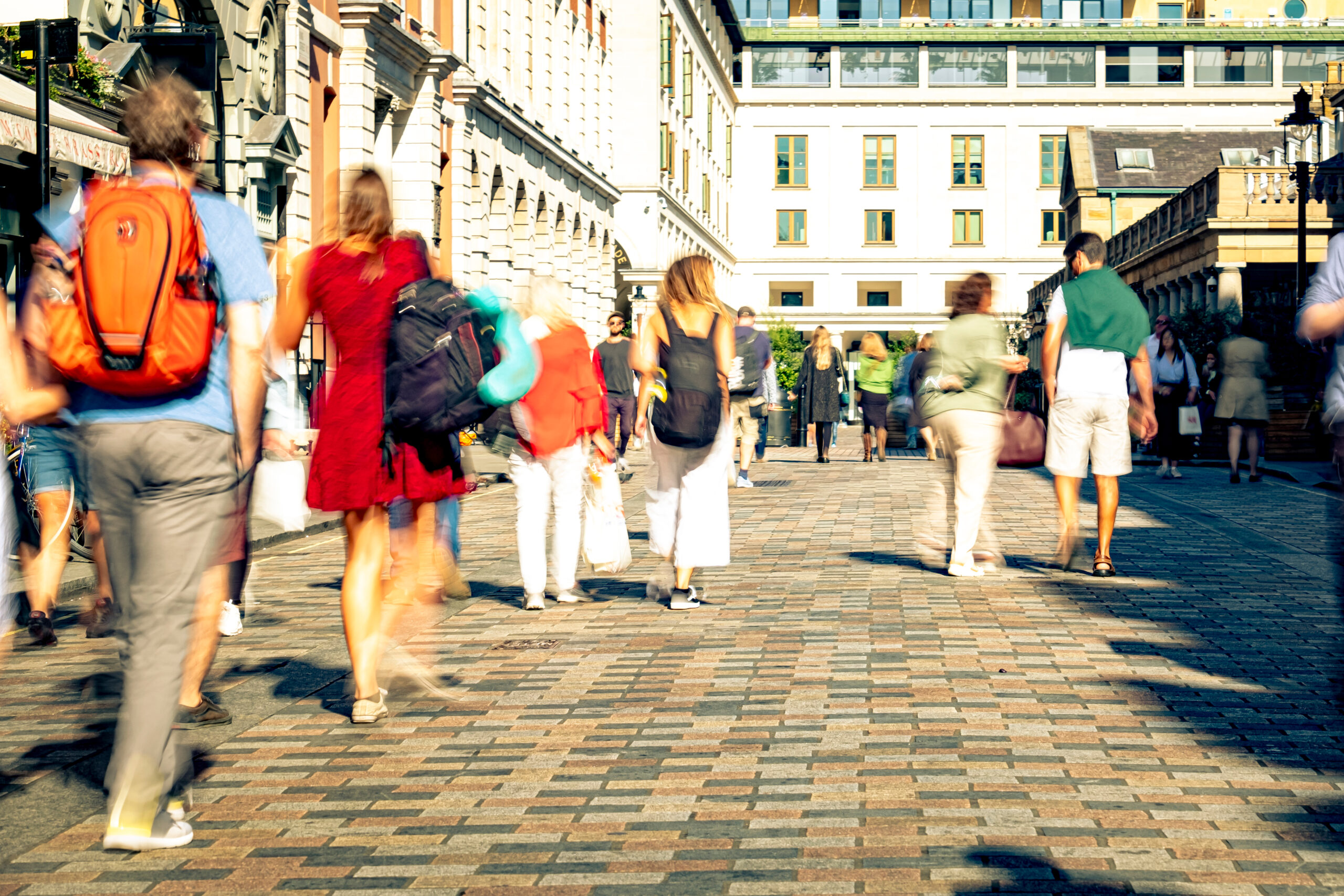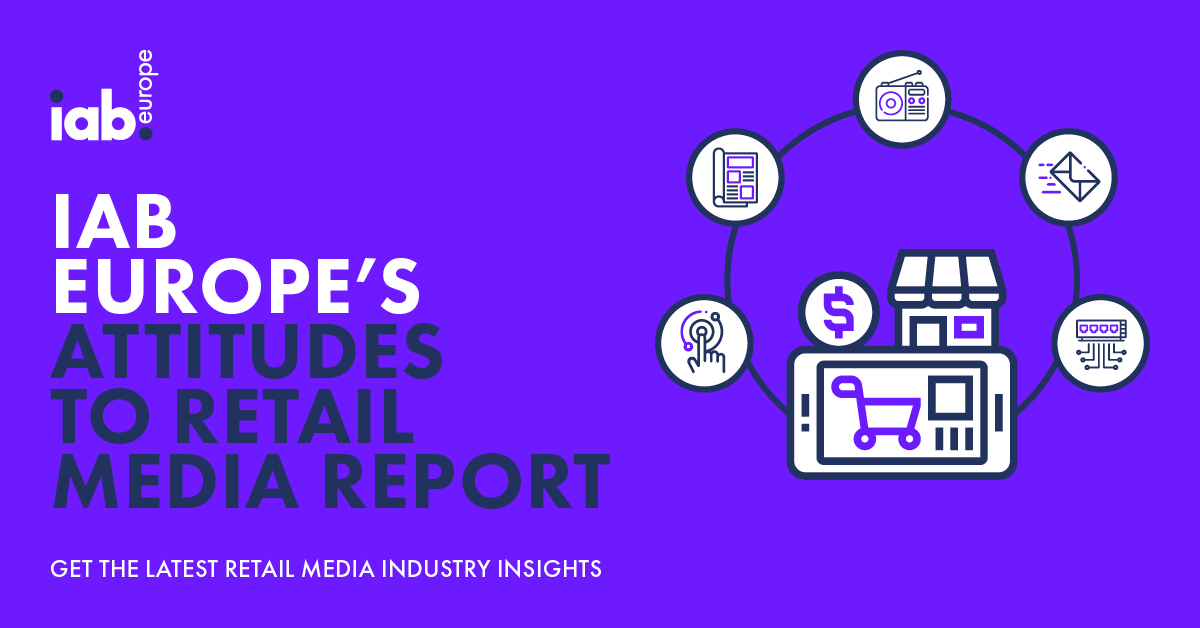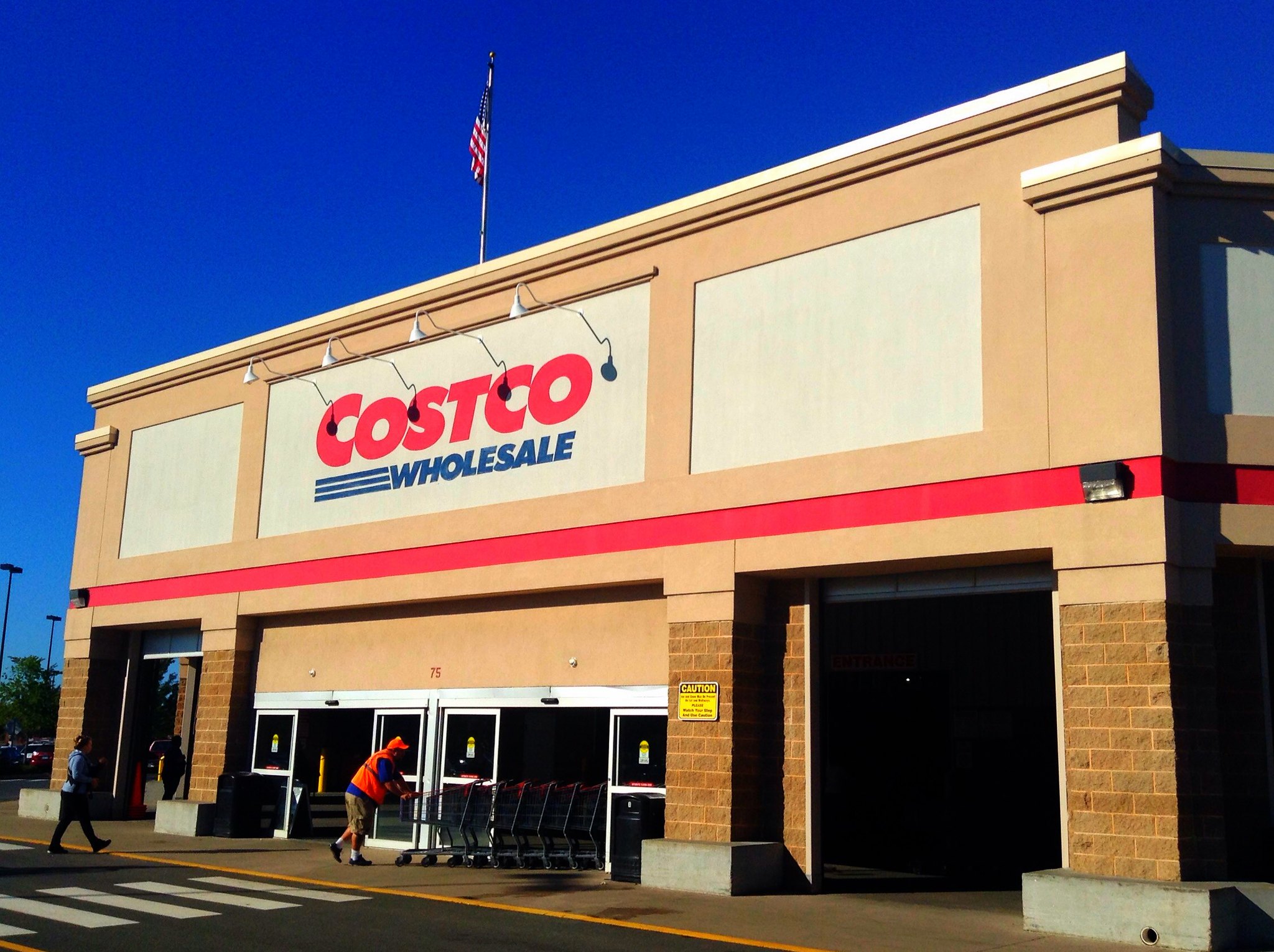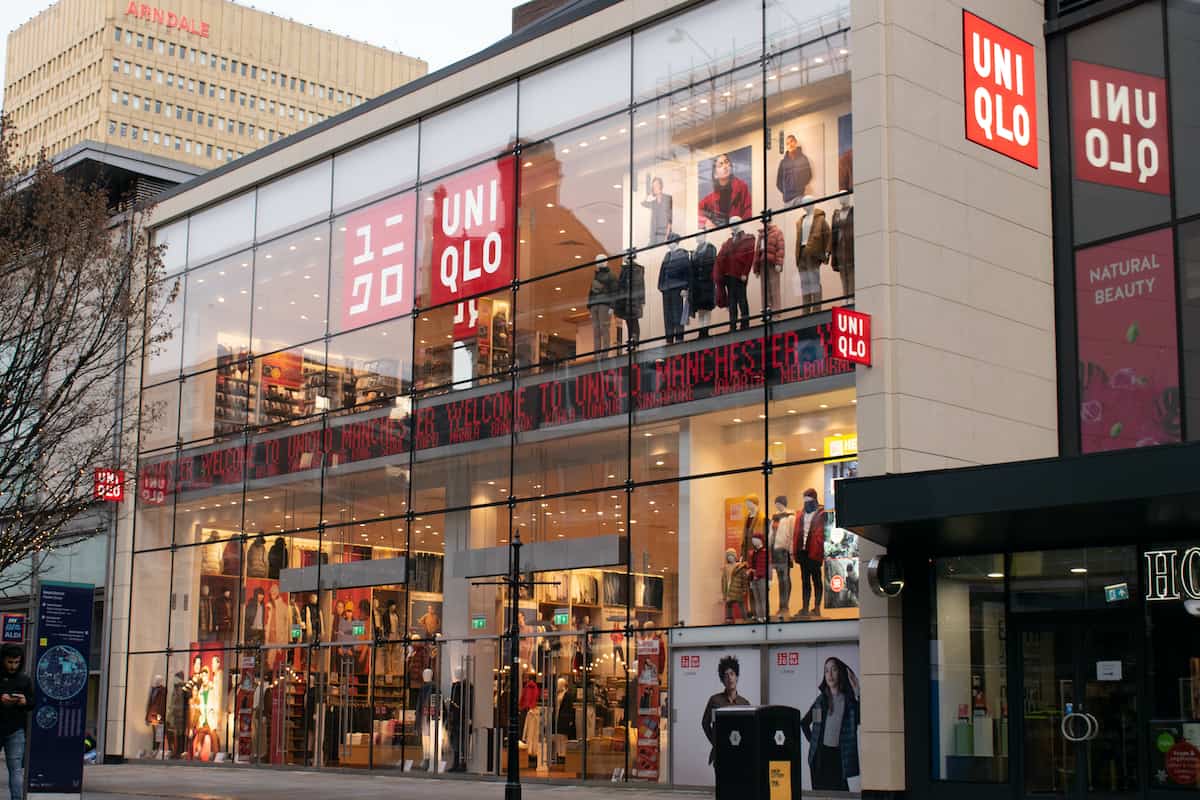Farfetch, Alibaba and Richemont are working together to improve luxury brands’ access to the Chinese market while helping them to sell direct to customers using the latest omnichannel technology.
The news comes as Richemont reports a 26% fall in sales and an 82% fall in profits in the six months to September 30, a period dominated by the “unprecedented disruption” of the Covid-19 pandemic and subsequent lockdowns. Those brands that were more able to sell direct to customers via transactional websites and mobile apps fared better than those reliant on third-party retail partners, although its own online distributor businesses suffered as fulfilment centres closed temporarily as the pandemic hit and as competitors cut prices.
Farfetch, Alibaba Group and Richemont are now working together on a Luxury New Retail (LNR) initiative to use omnichannel retail technologies from Farfetch and Alibaba to help luxury brands, such as those owned by Richemont, run state-of-the-art ecommerce websites and apps to sell direct to customers, as part of an omnichannel strategy. Richemont’s jewellery, watchmaker and fashion brands include Cartier, Baume & Mercier, Dunhill and Chloé, while its distribution platforms include Yoox Net-A-Porter.
Farfetch, the platform for boutique shops and other luxury retailers, is to launch a luxury shopping channel on Tmall’s luxury pavilion. Brands will be able to connect to the Farfetch and Tmall Luxury Pavilion marketplaces via a single integration. And at the same time, Alibaba Group, Richemont and Artemis are investing $1.15bn (£0.86bn) in Farfetch.
José Neves, founder, chief executive and chairman of Farfetch, said: “This announcement is a major step in our mission to connect the curators, creators and consumers of the luxury fashion industry.
“He added: “The new initiatives with Alibaba Group and Richemont extend Farfetch’s strategy to power the digital transformation occurring across the luxury industry, which has been accelerated by the unprecedented challenges resulting from the Covid-19 pandemic. The Luxury New Retail initiative will explore ways we can help the wider industry move forward and thrive in the post-Covid World.”
The impact of Covid-19 on Richemont’s luxury brands
The news comes as Richemont reports sales of €5.5bn (£4.9bn) in the six months to September 30, down by 26% from the same time last year. Bottom line profits of €159m (£141.5m) were 82% down on last year. Sales in Europe, the Americas and Japan were down by double digit percentages, but sales in China rose by 78%, and sales in Asia Pacific fell less sharply than elsewhere. Online sales at Richemont’s brands grew by triple digit percentages to account for 7% of group sales – although currency fluctuations meant that as a whole online retail sales fell by 4% on last year. Jewellery brands (+4% at actual exchange rates) were the most resilient.
Richemont chairman Johann Rupert said Richemont trading and operations had seen “unprecedented levels of disruption” in the first half of the year as a result of Covid-19.
“A strong presence in China and an acceleration in digital initiatives have partially mitigated the consequences of temporary store closures and a halt in tourism worldwide,” he added. “Our Maisons were swift to build on past investments in digital infrastructure and maintain direct engagement with clients, contributing to our Maisons’ resilience, with online sales growing at a triple digit rate. Our efforts to improve the quality of our distribution networks and inventories at our multibrand retail partners also helped lessen some of the negative impacts of the pandemic.”
But he said that while its jewellery brands had showed resilience thanks to their online strength during the pandemic, its watchmaker brands saw sales fall as they relied more on third-party retailers. Its online distributor and fashion and accessories brands, however, suffered as fulfilment centres were temporarily closed and as rivals discounted.
The Singles Day effect: How Alibaba is seeing sales in China grow
Alibaba Group says that it has seen sales rebound in the first part of its 11.11 Global Shopping Festival. It says it is seeing continued growing demand for imported goods – as more people stay at home and buy during the Covid-19 pandemic rather than travelling in Europe and America. The retail group has added a November 1 to November 3 sales period to the event and says that will give new and small businesses more sales opportunities at a difficult time. Alibaba says hundreds of millions of shoppers went online at Alibaba’s marketplaces – including Tmall, its international marketplace – at midnight on November 1 to shop from the 14m items that were on offer.
It says that more than 100 brands – including Nike, Adidas, Apple, L’Oréal, Estée Lauder and Lancôme – sold goods worth RMB 100m (£11.5m) in the first 111 minute of the new sales window. Beauty products sold particularly strongly, with sales worth RMB 10bn (£1.15bn) in the first hour of the event. Almost 200 luxury brands are taking part in this year’s 11.11 festival, including Richemont brands Cartier, Montblanc and IWC Schaffhausen. Alibaba says Cartier’s first Taobao Live jewellery show attracted 770,000 viewers in two hours.
But the first item to be sold during the new early stage of the Singles Day 11.11 festival was for mosquito repellent – at 11 minutes past midnight.








